SUMMARY
This is AI generated summarization, which may have errors. For context, always refer to the full article.
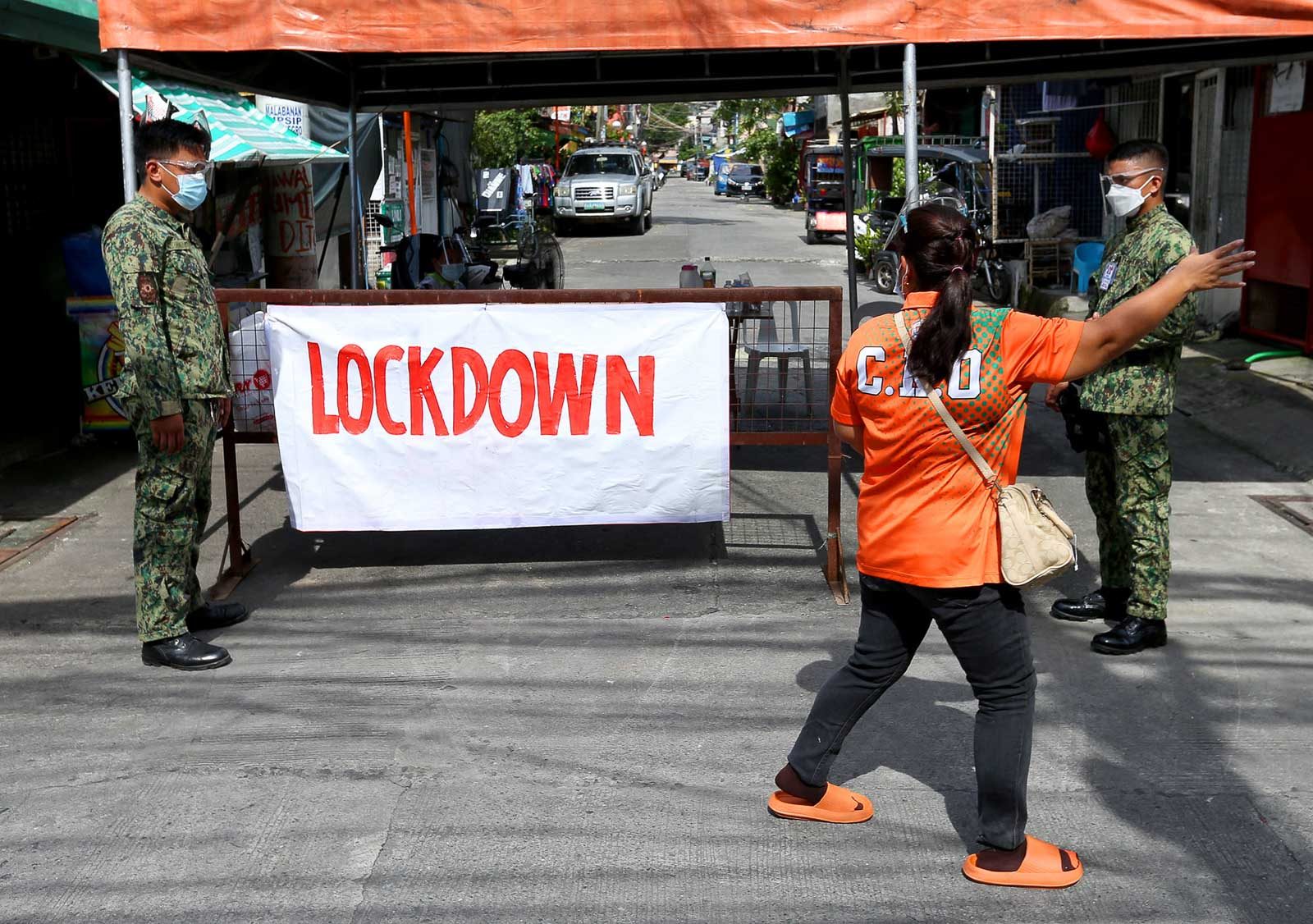
The Philippines enters another critical point in the pandemic as government seeks to try a new system of smaller, more localized quarantines after finding that larger-scale quarantines covering provinces or regions aren’t quite cutting it anymore. All the while, cases continue to increase at record-breaking numbers.
Here’s what we’re watching this week of September 6, 2021:
A new pandemic chapter
Over a year into the pandemic, officials continue to face the challenge of balancing the effects of wide-scale lockdowns. While these may slow down the spread of COVID-19, they heavily impact the economy, which continues to bleed in the hundreds of billions.
This response doesn’t do much to curb the virus anymore, according to pandemic officials, who are now seeking to pilot a new system of “granular lockdowns.”
- The government has not yet released guidelines on how this would work, but in broad strokes, officials describe it as limiting lockdowns to areas as small as a street or barangay, instead of an entire city, province, or region.
- Behind this push were findings from the health department’s “spatio-temporal” analysis of cases, which found that about 80% of cases in a city or local government unit were often limited to only a few barangays.
- A Department of Health official also told lawmakers on Monday, September 6, that current quarantine measures weren’t the same as what they were a year ago. Just look at the latest enhanced community quarantine (ECQ), which was much more “mobile” compared to the ECQ imposed in December 2020 to avoid a holiday surge.
- Health officials say imposing granular lockdowns may also allow local health officials to find and isolate COVID-19 cases more efficiently. It will also test the weakest pillar of the country’s pandemic response: contact tracing.
- There will also be “sector-specific” guidelines drafted, which should be able to help determine whether certain industries can reopen or continue operations. The decision will be based, among other factors, on a sector’s ability to enforce health standards in crowded, close contact, and confined spaces where COVID-19 spreads easily.
Will it work? Well, other countries have tried out similar measures by placing apartment complexes on lockdown, for instance. But one questioned raised about the Philippines’ moves involved timing. Some experts ask: Is this the best time to experiment, when cases continue to break records?
One way to find that out is to keep close watch of hospitals on the ground and whether or not more critical COVID-19 patients will be needing care.
PH faces booster question
Vaccine experts in the Philippines will meet this week to determine if COVID-19 booster shots should be given in the country. The issue has been brought up by several lawmakers in Congress, while vaccine czar Carlito Galvez Jr. earlier asked the World Health Organization (WHO) if it could consider allowing booster shots for health workers.
- The WHO has been consistent in saying there is not enough data yet to back up the use of boosters among the general population.
- On the issue of “waning” immunity or a decline in effectiveness, vaccines are still holding up where it matters greatly: preventing severe infections and deaths.
- The Atlantic spoke to a scientist who said that, “despite some shifting numbers, neither our vaccines nor our immune systems are failing us, or even coming close.” Read more here.
- It’s also hard to start giving out extra shots when vaccines are so scare and access is so unequal. The Philippines, still lacking in vaccine supplies, is all too familiar with the issue of vaccine inequity.
- While there could be need for boosters in the future, scientists largely agree that the best use of the limited doses we have on hand now would be to give them to the unvaccinated.
- Related read from Rappler: Why it’s not yet time to get COVID-19 vaccine boosters
Variants threat
Last week, we learned about two variants: Mu, the WHO’s newest variant of interest, and C.1.2, which was detected in South Africa.
- Scientists reported Mu had a “constellation of mutations” that could affect the performance of vaccines. Read more here.
- C.1.2 has drawn the attention of some scientists because it contained some key mutations found in variants that have become variants of concern or interest.
- Some scientists say it’s also worrisome since it seemed to have carried a large number of mutations in a short period time. But, for now, C.1.2 is being closely studied. Read more from this Reuter’s report.
Whether its Mu, C.1.2, or some other version that might pop up in the future, variants are a reminder that the pandemic isn’t over yet.

Don’t miss this: The Senate blue ribbon committee on Tuesday, September 7, is holding another hearing on overpriced COVID-19 items purchased by the Procurement Service of the Department of Budget and Management (PS-DBM) and the Department of Health.
Committee chairman Senator Richard Gordon said the committee may end up probing one of their own, former presidential aide Senator Bong Go and his boss, President Rodrigo Duterte.
Rappler’s reports have uncovered more on Pharmally Pharmaceutical Corporation, a PS-DBM favored firm at the center of lawmaker’s scrutiny. That preference saw thousands of jobs lost for Filipinos. A must-read list to bring you up to speed:
- Biggest pandemic supplier has links to ex-Duterte adviser Michael Yang
- Pharmally had P625,000 capital before bagging P8 billion in COVID-19 contracts
- Pharmally bags P2 billion more deals in 2021
- Financial mystery deepens: Was Pharmally just an agent, not a supplier?
- How the Duterte gov’t shut out local PPE producers during a pandemic
– Rappler.com
Add a comment
How does this make you feel?
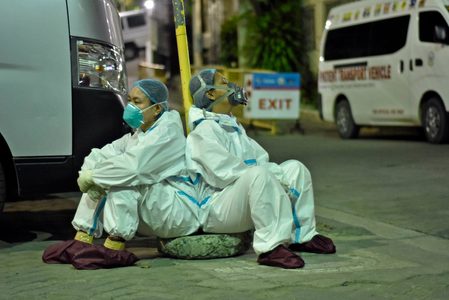
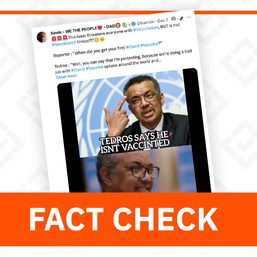
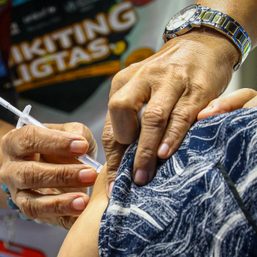


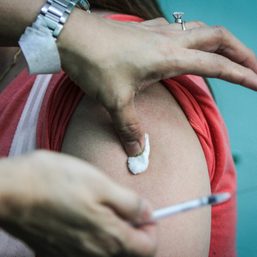
There are no comments yet. Add your comment to start the conversation.